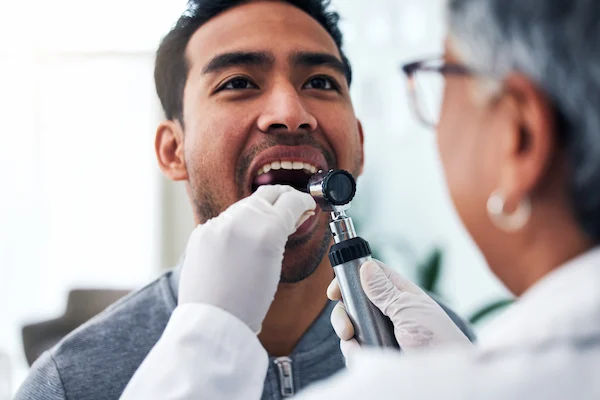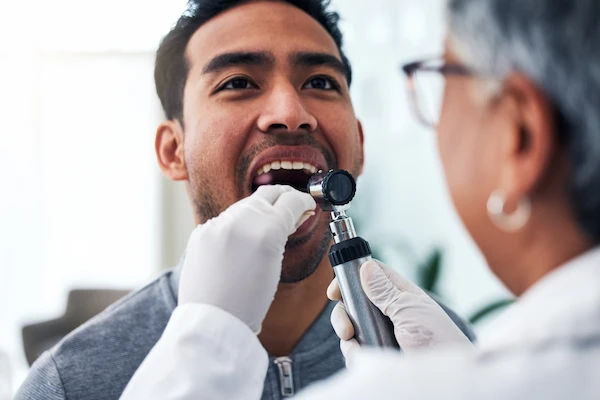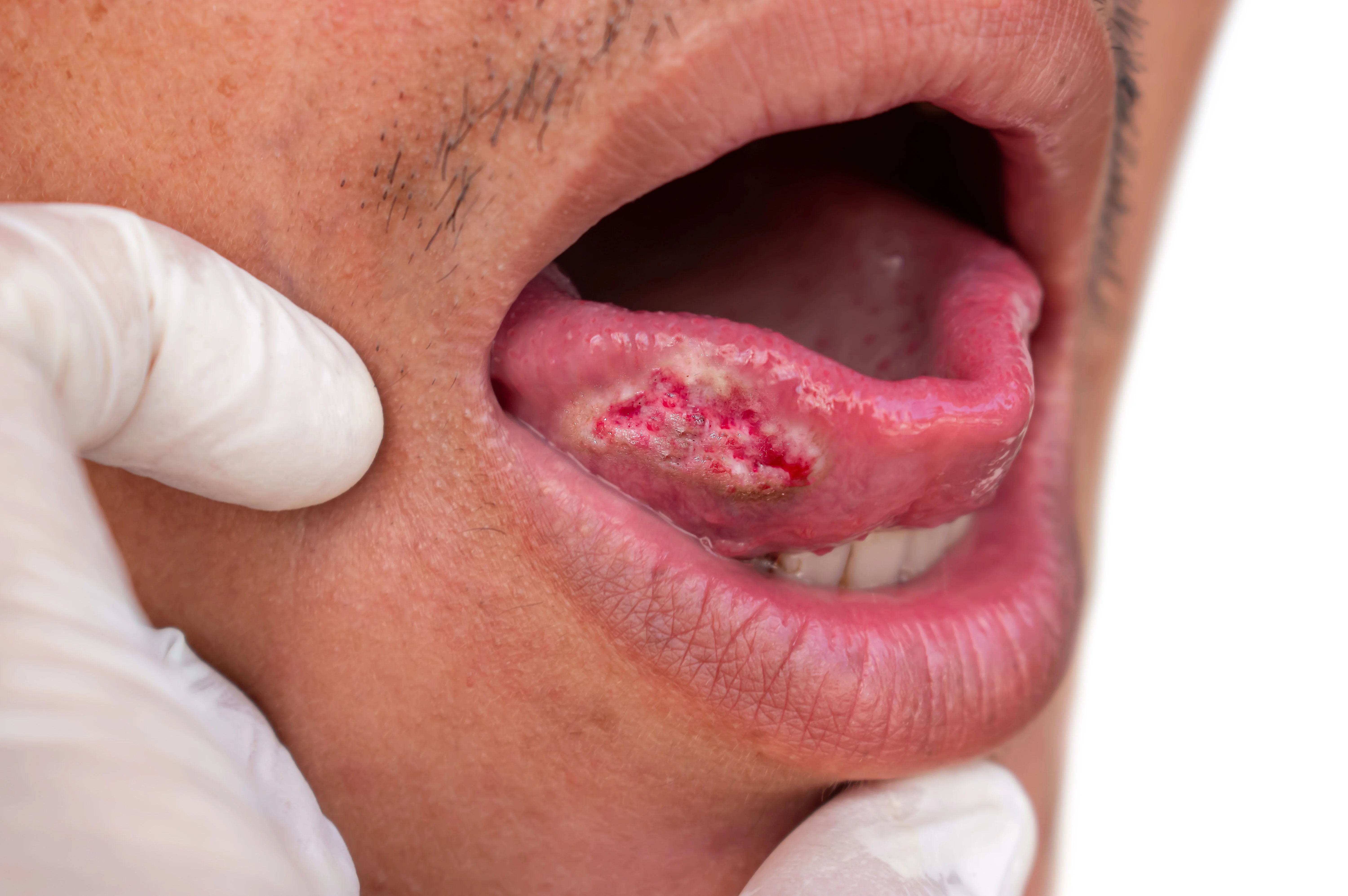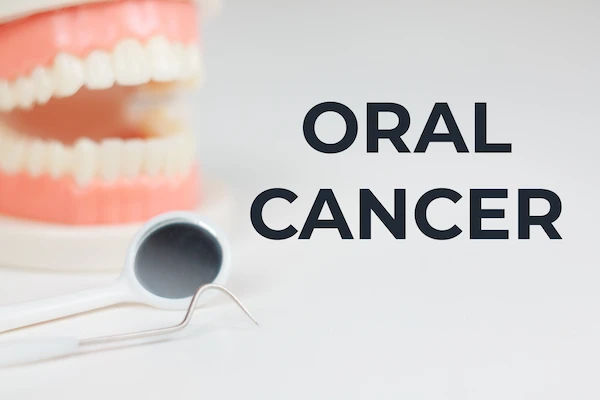Oral Cancer Treatment Options and Approaches
Explore the treatment options for oral cancer—including surgery, radiation, chemotherapy, and more. Learn what to expect during recovery and how to manage side effects for better outcomes.


Facing a diagnosis of oral cancer can be overwhelming, but understanding your treatment options can help you make informed decisions. This guide will walk you through the different approaches to treating oral cancer, what to expect, and how to manage your health during and after treatment.
What Is Oral Cancer?
Oral cancer refers to cancers that develop in the mouth, including the lips, tongue, gums, inner cheeks, roof or floor of the mouth, and throat. Early detection is crucial for successful treatment, so knowing the signs and seeking medical advice promptly can make a big difference.
Common Symptoms of Oral Cancer
If you experience any of the following symptoms for more than two weeks, consult a doctor:
A sore or ulcer in the mouth that doesn’t heal
Red or white patches inside the mouth
Persistent pain or discomfort in the mouth
Difficulty swallowing or chewing
A lump or thickening in the cheek or neck
Unexplained weight loss
Persistent bad breath
Treatment Options for Oral Cancer
The treatment plan depends on the cancer’s stage, location, and overall health. Here are the most common approaches:
1. Surgery
Surgery is often the first step if the tumour is small and localised. The goal is to remove the cancerous tissue while preserving as much healthy tissue as possible.
Excision: The surgeon removes the tumour and a small margin of healthy tissue.
Glossectomy: Partial or complete removal of the tongue if cancer affects it.
Mandibulectomy: Removal of part or all of the jawbone if cancer has spread.
Neck Dissection: Removal of lymph nodes if cancer has spread.
Recovery Tips After Surgery:
Follow a soft or liquid diet as advised.
Practice good oral hygiene to prevent infections.
Attend speech or swallowing therapy if needed.
Consult Top Specialists
2. Radiation Therapy
Radiation uses high-energy beams to kill cancer cells. It may be used alone for early-stage cancer or combined with surgery or chemotherapy for advanced cases.
External Beam Radiation: Targeted radiation from outside the body.
Brachytherapy: Radioactive seeds placed near the tumour (less common for oral cancer).
Managing Side Effects:
Dry mouth – Stay hydrated and use saliva substitutes.
Mouth sores – Rinse with saltwater or prescribed mouthwash.
Fatigue – Rest well and eat nutritious meals.
3. Chemotherapy
Chemotherapy uses drugs to kill cancer cells or stop their growth. It’s often combined with radiation (chemoradiation) for better effectiveness.
Common Side Effects & How to Manage Them:
Nausea – Take anti-nausea medications as prescribed.
Hair loss – Temporary; consider wigs or head coverings.
Weak immune system – Avoid infections by practising good hygiene.
4. Targeted Therapy
This treatment targets specific genes or proteins in cancer cells, minimising damage to healthy cells. Drugs like Cetuximab may be used for advanced oral cancer.
5. Immunotherapy
Immunotherapy boosts the body’s immune system to fight cancer. Drugs like Pembrolizumab may be used if other treatments aren’t effective.
Lifestyle Changes to Support Recovery
Quit Smoking & Alcohol: Both increase cancer risk and hinder healing.
Eat a Balanced Diet: Soft, nutrient-rich foods help recovery.
Oral Hygiene: Brush gently and use alcohol-free mouthwash.
Regular Follow-ups: Monitor for recurrence or side effects.
When to See a Doctor?
If you notice persistent mouth sores, lumps, or unusual symptoms, don’t delay—early detection saves lives.
Need Expert Advice?
Apollo24|7 offers consultations with top oncologists. You can book an appointment or schedule tests easily from home.
Conclusion
Oral cancer treatment has come a long way, and many people recover fully with timely care. Stay positive, follow your doctor’s advice, and lean on loved ones for support.
Consult Top Specialists
Consult Top Specialists

Dr. Amit Choraria
Surgical Oncologist
18 Years • MBBS, MS (Surgery) Fellow, Surgical Oncology, Tata Medical Center (FSO) Fellow, European Board of Surgery (Surgical Oncology) (FEBS) Fellow, Minimal Access Surgery (FMAS) Fellow, Indian Association of Gastrointestinal Endosurgeons (FIAGES) UICC Fellow, Royal Marsden NHS, London, UK Visiting Scholar, Plastic Reconstructive Surgery, CGMH, Taiwan Fellow, Robotic Surgical Oncology, Vattikuti Foundation, USA
Kolkata
Apollo Multispeciality Hospitals , Kolkata, Kolkata

Dr. Rupam Manna
Radiation Specialist Oncologist
4 Years • MBBS MD(RADIO THERAPY)
Barasat
Diab-Eat-Ease, Barasat

Dr. Harsh J Shah
Surgical Oncologist
15 Years • MS, MCh (GI), DrNB (GI)
Ahmedabad
Apollo Hospitals Gandhinagar, Ahmedabad

Dr. Gopal Kumar
Head, Neck and Thyroid Cancer Surgeon
15 Years • MBBS, MS , FARHNS ( Seoul, South Korea ), FGOLF ( MSKCC, New York )
Delhi
Apollo Hospitals Indraprastha, Delhi
(25+ Patients)
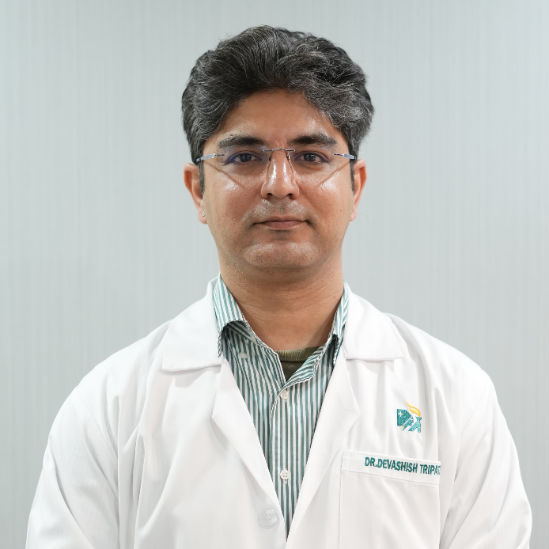
Dr Devashish Tripathi
Radiation Specialist Oncologist
20 Years • MBBS, PLAB, MRCP (UK)- General Medicine, FRCR (Oncology), Certificate of Completion of Training (CCT)- Clinical Oncology
Delhi
Apollo Hospitals Indraprastha, Delhi
